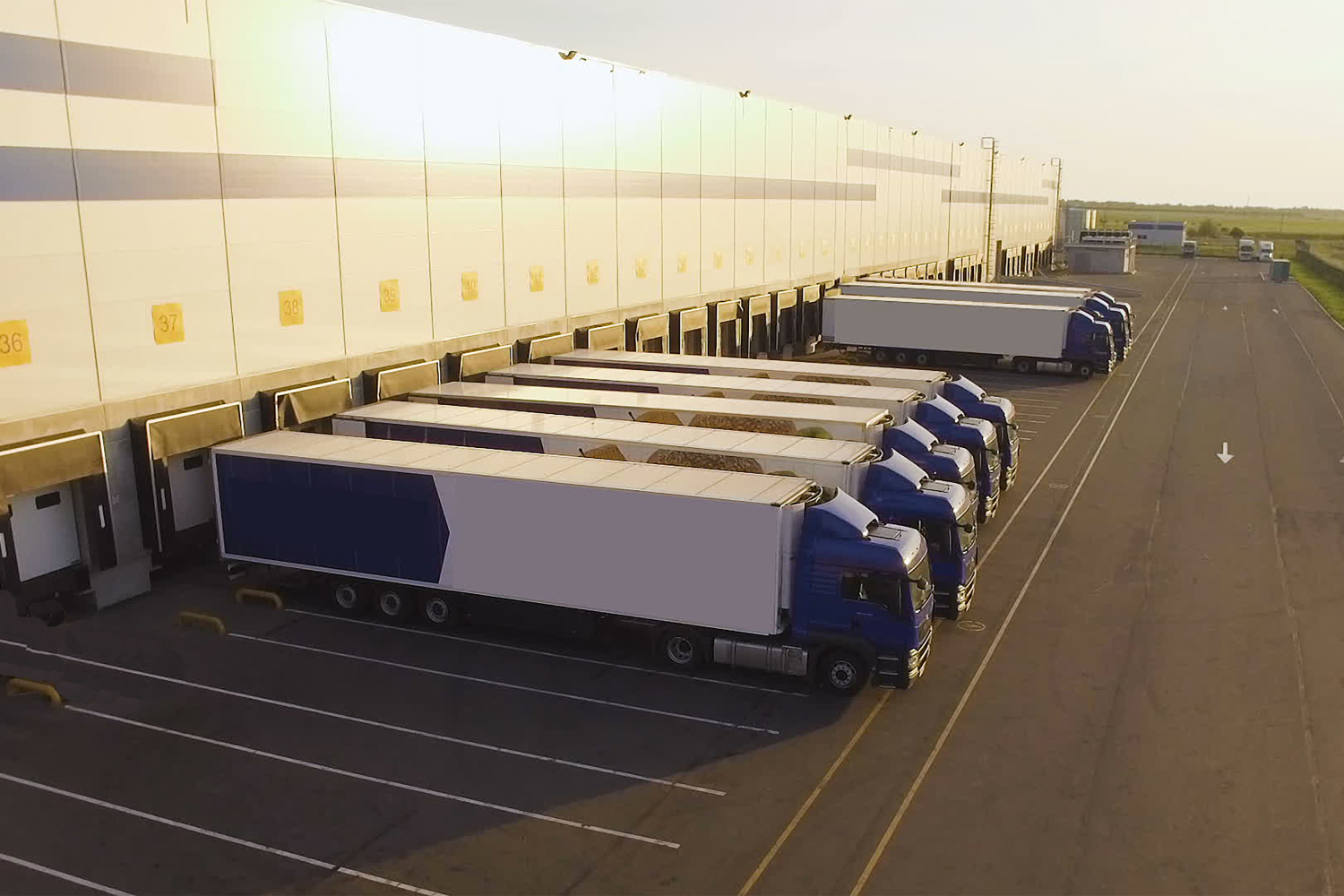Automated cargo handling scenarios for logistics centers
The exploratory project hub.connect lays important foundations for the consistent connectivity and interoperability of automated vehicles and infrastructures in cross-border transport chains. To this end, hub.connect addresses the challenges underlying the optimization of logistics centers (hubs), which have become crucial interfaces for safe, efficient and reliable transport of goods.
hub.connect aims to explore the basics for a true novelty in Europe with the help of relevant Austrian and Hungarian stakeholders: the establishment of a transnational test competence center network for highly automated vehicles in the logistics domain. For this purpose, test regions for automated driving, multi-modal logistics hub and infrastructure operators, transnational stakeholder networks, research and industrial partners from the automotive, intelligent transportation and telecommunications domains from both countries will participate.
The mission of hub.connect is to offer an extended body of cross-validated test scenarios and a framework for the joint execution and monitoring of tests and for the mutual exchange of test results. This shall lead to an increased sharing of test environments (and context-specific expertise) between Austria and Hungary in terms of infrastructure, simulation and mapping technologies. Furthermore, requirements and processes in testing of automated driving in cross-border cargo handling will be analyzed. hub.connect shall enable the effective and efficient setup of subsequent research, development and innovation projects towards a joint platform that incorporates efficiency analyses, test scenarios and test approval criteria, as well as test requirements from customers. The expected interregional benefits will entail optimized testing, development and certification.
In order to increase the impact of co-operation between Austrian and Hungarian test environments, not the least in terms of international visibility, hub.connect sets up a transnational stakeholder involvement process. This also enables efficient consultation on legal, economic and organizational aspects of testing automated driving and automated cargo handling. In close co-operation with the involved international stakeholders, use cases will be defined, prioritized and further specified with regard to their potential for the complementary test facilities in Austria and Hungary. The targeted use cases will be in the domain of automated logistics hubs (e.g., terminal check-in and entry, vehicle maneuvering and docking, loading of goods and vehicles, airport services and operations, coupling and uncoupling of trailers, and the multimodal handling of goods), as well as in the field of automated driving technologies for multimodal cargo (e.g. advanced trucks, automated guided vehicles, and special purpose vehicles).
hub.connect is intended as a pioneering project for the identification and structured analysis of differences, gaps, complementarity and synergies regarding technical (simulation, mixed reality, and real world testing) and non-technical (legal, economic, organizational) aspects. It thereby explicitly considers interoperability and connectivity with legacy systems with lower automation levels. The analysis will be characterized by a close conjunction of technological, economic and legal analysis, which shall eventually result in the definition of associated business cases.
Thereby, hub.connect aspires the creation of a unique and sustainable added value of the joint offer of the cooperating test environments. The increased volume and quality of the testing activities enabled by hub.connect will result in a stronger network between the companies of the wider region, to complement the market access as well as the existing know-how. Overall, hub.connect and the aspired follow-up project activities are expected to positively impact safety, reliability and connectivity of transnational automated transport logistics and cargo handling. Eventually, this shall lead towards to an increased attractiveness of Central Europe as business and science location as well as the visibility of regional companies and their competences.





